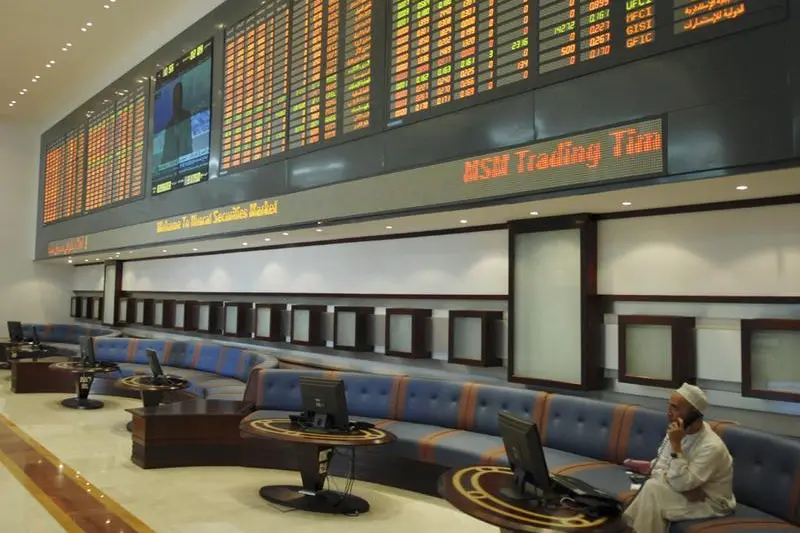PHOTO
Tuesday, Nov 01, 2016
Muscat: Omani government is considering raising the fees of expatriate employment permits in the private sector, a move that is expected to fill the state’s coffers amid the plunge in oil prices, Gulf News has learnt.
A top government source told Gulf News on Monday that the increase will be slight and will come into effect by the beginning of 2017. The official didn’t give further details about the move.
Oman’s expatriate population has rapidly grown over the past five years, according to figures released by the National Centre for Statistics and Information (NCSI).
Currently, expatriates form around 45.5 per cent of the total population, whereas they accounted for 38.9 per cent of the population in 2011 and 29 per cent in 2010. The number of expatriates workforce in the country had reached 1,747,000, according to NCSI figures.
Economic experts say the move could benefit Omani nationals who will be able to compete for jobs with expatriates, especially in managerial positions. Out of the 210,000 people working as managers, Omanis now constitute 4.8 per cent of that workforce, according to NCSI.
Ahmad Al Beloushi, an economic expert, said that the move is in the right place as it could make room for Omanis to compete for high-ranking positions in the private sector.
He added that it will fill the state’s coffer with millions of rials every year amid the slump in oil prices.
Ahmad Al Hooti from the Oman Chamber of Commerce and Industry said that increasing the work permit fee will put more pressure on both companies and consumers. “Even if the increase is slight, it will force companies to increase the prices of their services and goods which will have impact on the consumer,” said Al Hooti.
Earlier this month, Hamood Bin Sanjoor Al Zadjali, chief of Central Bank of Oman (CBO) said that expatriate remittances will not be taxed, quashing rumours of an imminent move, In November 2014, the proposal for a 2 per cent levy on the billions of rials that expatriates send home every year was approved by Oman’s Majlis Al Shura, the lower elected house of the Council of Oman, to overcome a budget deficit due to a slump in oil prices. But it was later dismissed by the appointed State Council.
Since last year Oman has been cutting state subsidies and introducing other austerity measures to curb a budget deficit that totalled 4.02 billion rials in the first seven months of 2016, up from a deficit of 2.39 billion rials a year earlier.
The 2016 General Budget focuses heavily on austerity measures. It projected a 3.3 billion rial deficit for 2016, which it says it will try to reduce by improving the non-oil revenues as well as cutting expenditures. Oman posted a budget deficit of 4.5 billion rials in 2015, as revenues declined by more than 50 per cent.
The Ministry of Finance has issued 20 circulars so far this year aimed at controlling and managing spending.
In July, the Ministry of Finance said that tracking devices will be installed on all vehicles belonging to government agencies after detecting an increase in expenses incurred by government vehicles recently.
In April, the ministry ordered all public institutions to halt all perks granted to public employees beyond regular payroll. Benefits affected include health insurance for employees and their families, interest-free personal and housing loans, cash bonuses, free scholarships, mobile phones, medical checks, travel health insurance, furniture allowance, and Ramadan and Eid allowances.
By Fahad Al Mukrashi Correspondent
Gulf News 2016. All rights reserved.





















